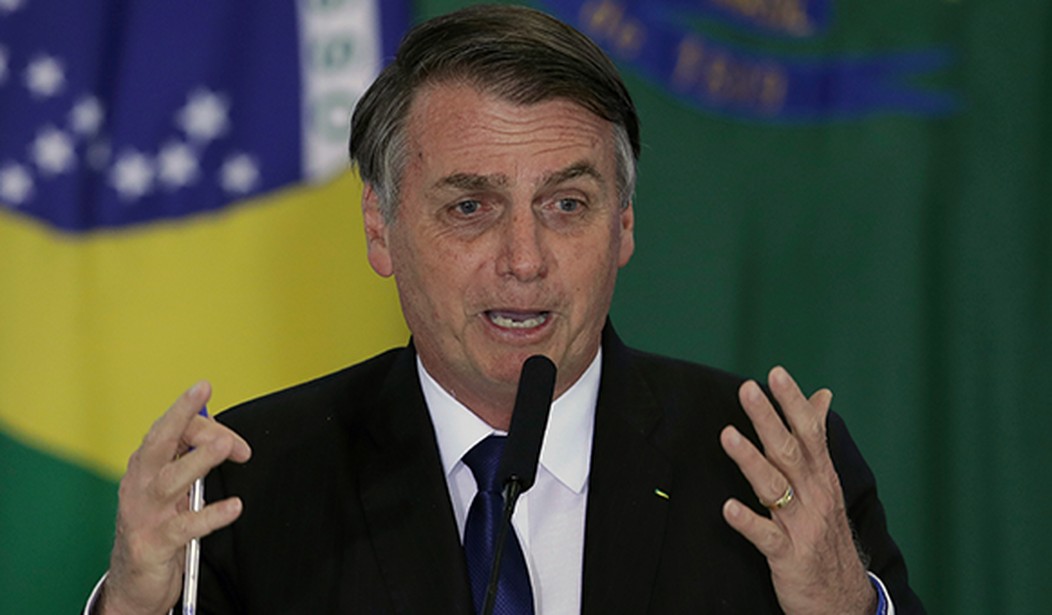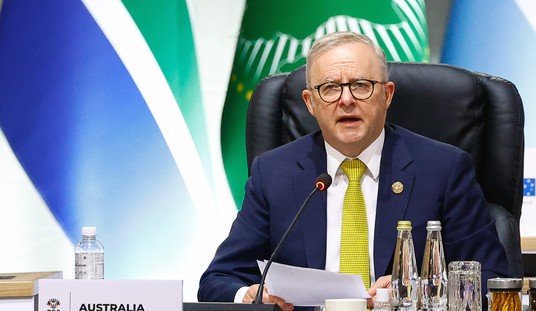For decades, the nation of Brazil had both some of the most restrictive gun control laws in the world and one of the highest homicide rates on the planet. Still, even when most civilians were blocked by regulations and the government’s subjective authority from owning or carrying firearms for self-defense, Brazilians demonstrated a desire for change. In 2005 gun control groups and the Brazilian government sought to enshrine a ban on gun sales into federal law, only to see the referendum rejected by 64% of voters; a result that stunned the ruling class and opened the door for some politicians to embrace the idea of gun ownership as a right, not a privilege.
With the election of Jair Bolsonaro in 2018, Brazil took another step forward in recognizing the human right of self-defense. Bolsonaro campaigned on loosening up the country’s gun control laws, and since taking office has authored more than a dozen executive actions aimed at making it easier for law-abiding citizens to possess, and in some cases, carry a firearm.
With Bolosonaro now headed for a runoff against far-left candidate Luiz Inacio Lula da Silva at the end of this month, the prospects for more reform may appear to be in doubt. But as Reuters reported on Tuesday, while the elections held earlier month may not have determined who the next president of Brazil will be, its clear that the Brazilian Congress will have a pro-gun majority.
A new wave of pro-gun lawmakers in Brazil, elected this month as part of a more conservative Congress, are likely to ensure far-right President Jair Bolsonaro’s vision of a more armed citizenry lives on – even if he fails to win re-election.
Brazil’s “bullet caucus” in Congress has long represented the interests of police and farmers interested in self-defense, traditional voting blocs with boots and budgets. But a series of looser gun regulations under Bolsonaro has forged a new breed of U.S.-style pro-gun politicians who put the individual’s right to bear arms at the center of their conservative identities.
“The idea is to form a caucus whose priority is to defend the citizen’s right to have access to firearms,” said Marcos Pollon, the most-voted lawmaker-elect from his midwest farm state and the head of lobby group PROARMAS, which models itself on the U.S. National Rifle Association.
Speaking ahead of the Oct. 2 general election, Pollon told Reuters he hoped some 80 PROARMAS-backed candidates would get elected. In the end, 39 won seats, including eight senators, 20 federal lawmakers and 11 state lawmakers, according to research from the Sou Da Paz and Igarape Institutes.
While the PROARMAS backed candidates may not have won all of their seats, Reuters reports that there are enough conservative lawmakers who’ve sided with Bolsonaro in the past to make the prospect of a national right to carry law a very real possibility.
For example, PL 3723, a bill which would embed the rights of CAC permit holders, allowing them to carry “ready-to-use” weapons, has already passed the lower house, putting it a Senate vote away from becoming law.
However, Senator Carlos Portinho, a leader of the Bolsonaro government’s coalition, told Reuters he did not expect PL 3723 to reach a vote this year, given other legislative priorities.
The current Senate leader, centrist Senator Rodrigo Pacheco, will not allow a plenary vote on the proposal, known as PL 3723, according to a person with knowledge of his thinking.
In response to a question from Reuters, Pacheco’s press office said he would wait for the bill to exit committee before deciding whether to bring a floor vote.
Pacheco’s role next year is far from assured, given the new composition of the Senate. If Bolsonaro fails to hold onto the presidency, analysts say, his conservative coalition in Congress could fray, hurting the leverage of pro-gun lawmakers.
Still, the bill now stands a better chance than before the election of reaching a final vote early next year.
Experts also said they expected the renewed “bullet caucus” to push fresh legislation shoring up gun rights in Congress.
From a gun rights perspective, it would obviously be much better if Bolsonaro pulls out a win in the runoff election, but even if his opponent ekes out a win the support for gun ownership and the ability to carry a firearm in self-defense appears to be growing and taking on a life of its own thanks in large part to the recent improvements that Bolsonaro has made.
There are still more gun regulations in Brazil than in the United States, including mandatory psychological and firearm safety exams. But now private citizens can buy more powerful handguns and ammunition and in greater quantities. Collectors and competitive shooters can purchase automatic rifles.
Since 2018, the number of guns in private hands has doubled to nearly 2 million, according to data from Brazil’s army and police analyzed by Brazilian security think tank Sou da Paz.
Gun stores and shooting tournaments are popping up all over Brazil. They include the massive Schützenfest, held in southern Brazil where many people are of German descent, and is a combination of beer-drenched Oktoberfest and shooting guns. An average of one new shooting range per day has opened during Bolsonaro’s nearly four years in office, Brazil’s UOL website reported.
Some Brazilian gun enthusiasts mimic their American counterparts by talking about their “Second Amendment” rights, even though there is no constitutional right to bear arms here. Others, like Rodrigo Santoro, who is training to become a weapons instructor at the Rio Bonito shooting range, don’t trust the police to protect them from well-armed criminals.
“The main principle is to defend yourself, your family, your home,” he says. “We defend guns in the hands of the good people because the bad guys already have guns.”
That’s unfortunately been true in Brazil for a long, long time, though the country’s homicide rate has had a noticeable decline while Bolsonaro has been in office. In 2017, the country’s homicide rate was a whopping 30.7 per 100,000 citizens. By 2021 it had fallen to its lowest level in 14 years; still far higher than the United States, but a marked improvement that coincided with the rise in legal gun owners.
Clearly Brazil’s gun control laws haven’t made the country a safer place, and voters seem to be catching on to that fact. In less than 20 years the electorate has gone from rejecting a ban on gun sales to backing candidates that are running on a pro-gun, pro-self-defense political platform. It’s a remarkable shift, and hopefully there’s much more genuine progress to come.









